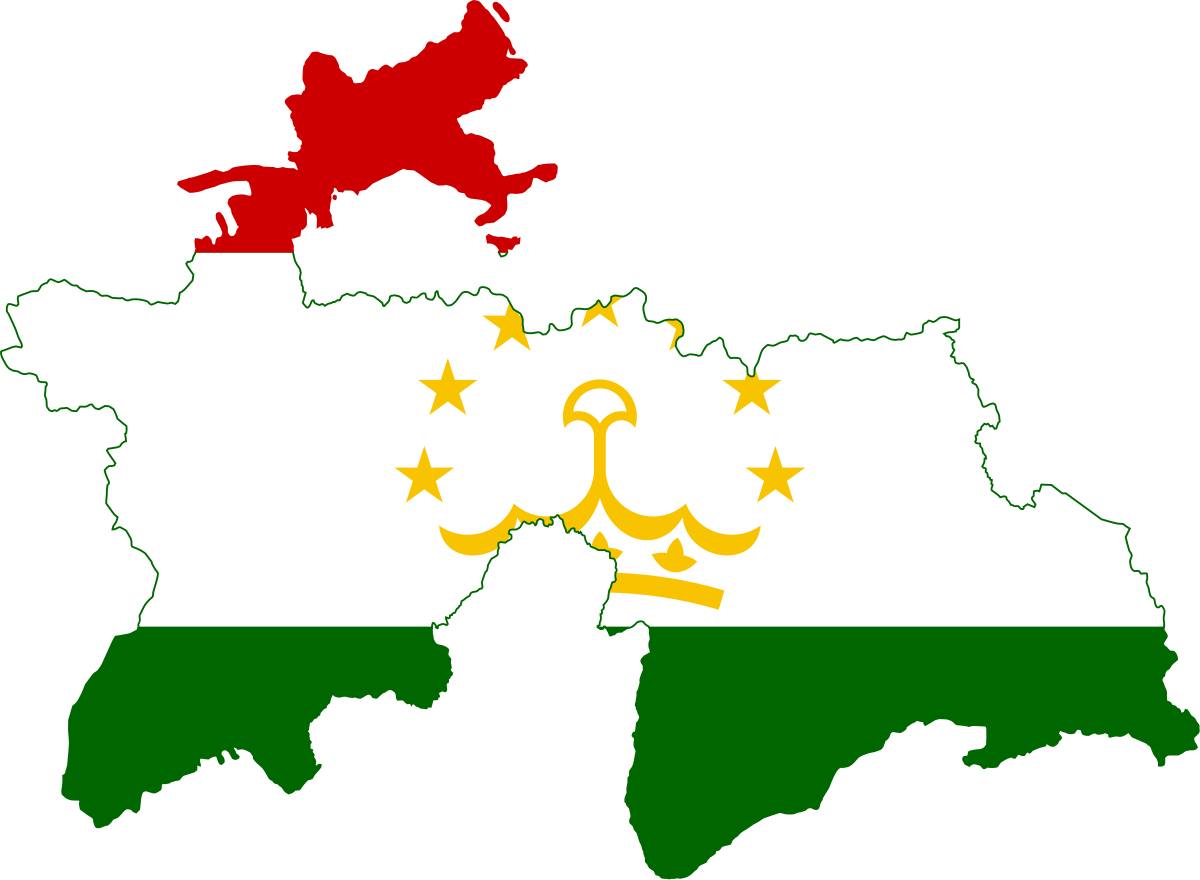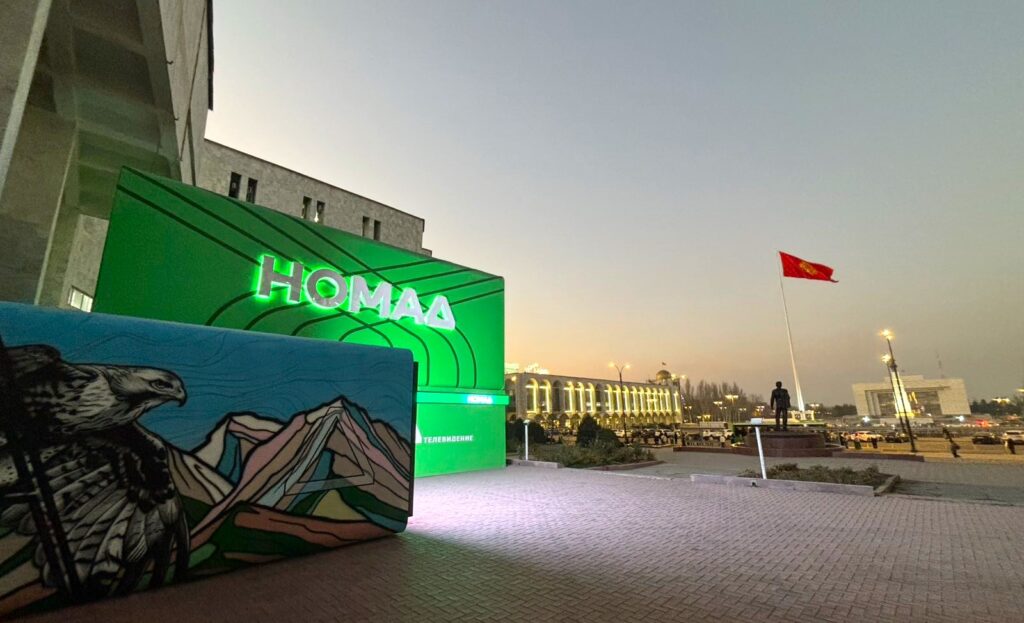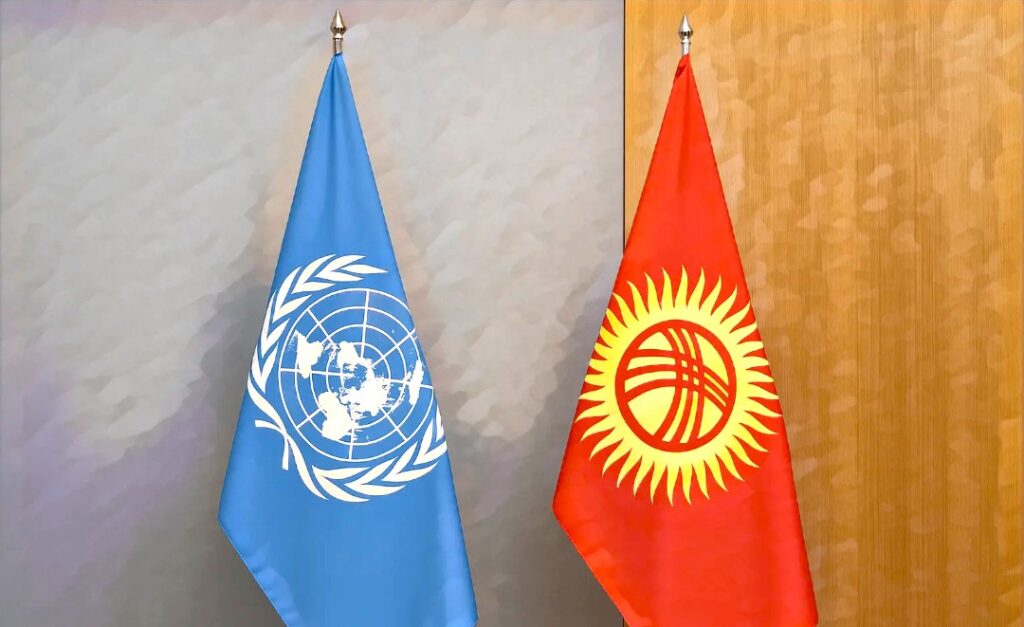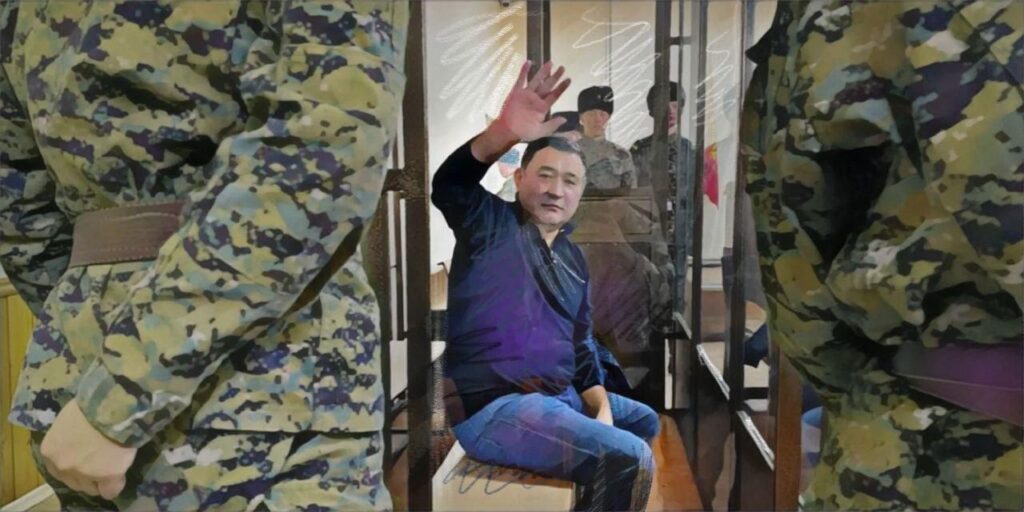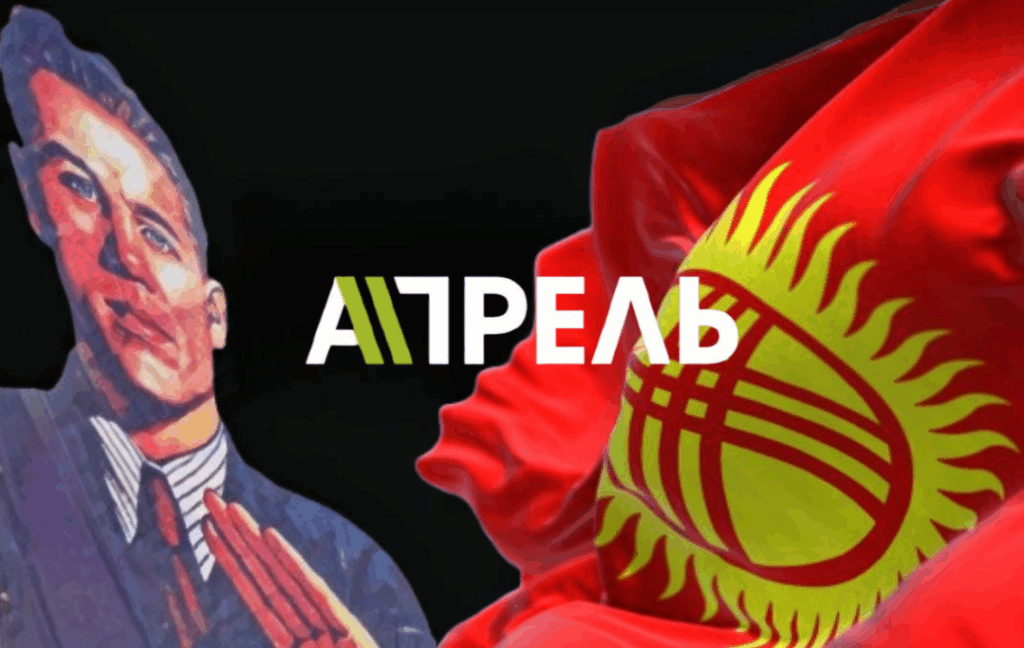In Tajikistan, President Emomali Rahmon’s bid to centralize control includes efforts to silence political opponents, human rights activists, and independent voices. Now, Tajikistan’s media is in its “worst state” since the years of the civil war, the Committee to Protect Journalists (CPJ) said in a report released on January 4th.
In the report, entitled “In Tajikistan, independent media throttled by state repression,” the media watchdog said that seven journalists were sentenced to lengthy prison terms in retaliation for their work in 2022 and 2023. Four journalists – Abdullo Ghurbati, Zavqibek Saidamini, Abdusattor Pirmuhammadzoda, and Khurshed Fozilov – received sentences of seven or seven-and-a-half years, whilst Khushom Gulyam received eight years, Daler Imomali ten years, and Ulfatkhonim Mamadshoeva twenty years. The harsh sentences are seen by many as a deeply chilling escalation in the years-long constriction of independent media, the report states.
Only two significant independent media voices now remain in Tajikistan: privately-owned news agency, Asia-Plus, and the U.S. Congress-funded Radio Free Europe/Radio Liberty’s local service, the Czechia-based Radio Ozodi. Both regularly face harassment and threats. Their websites have long been subjected to partial shutdowns by local internet service providers, the CPJ report said.
Asia-Plus has been forced to moderate its content, reducing its political coverage following a May 2022 threat from the authorities to shutter its operations. A handful of other outlets either avoid political topics entirely, or barely function due to lack of funding.
Several local journalists told CPJ that they were forced to self-censor their reporting, and pointed to a “dramatic fall” in the number of critical articles and an increasing tendency for local media to avoid domestic politics in favor of “safe” topics such as culture, sport, and limited international news.
Another big problem the media in Tajikistan faces is its finances. Lacking domestic sources of funding amid a limited advertising market, independent media has been reliant on international donors for years, local journalists told CPJ. Yet in recent times, this source of support has declined significantly, particularly since the start of Russia’s war in Ukraine.
